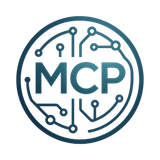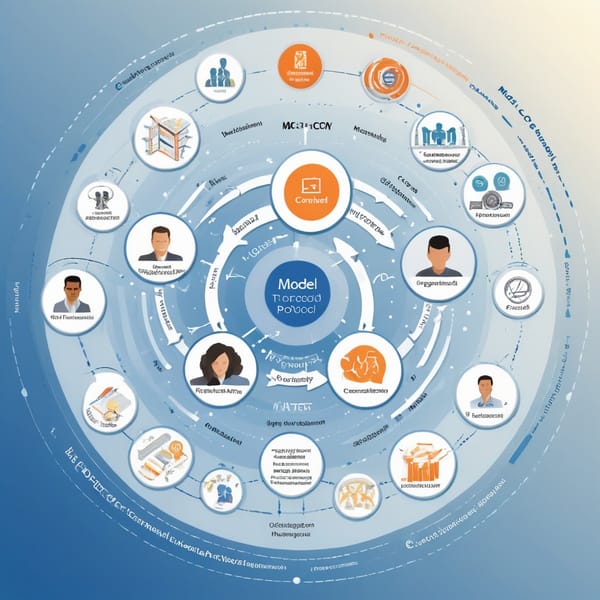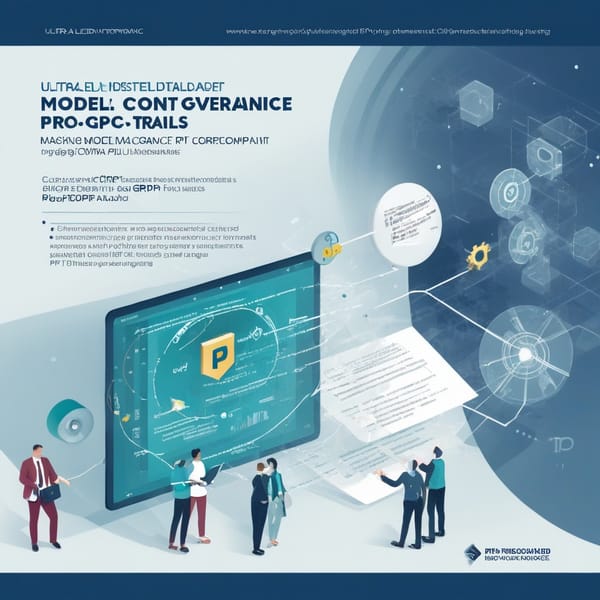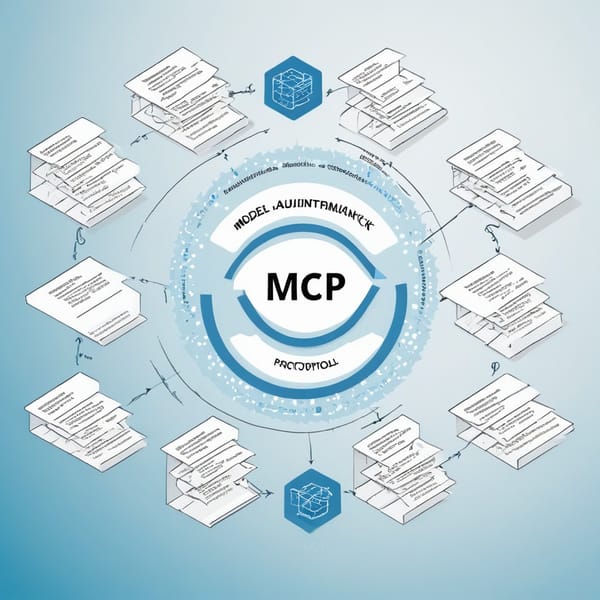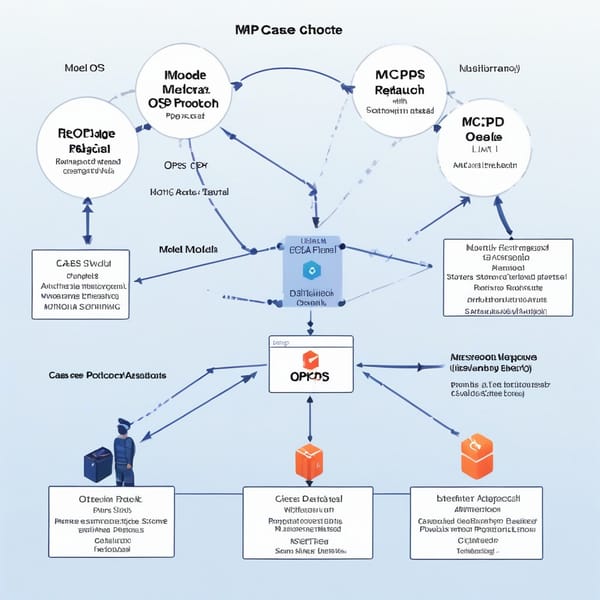Model Context Protocol (MCP) Legacy Integration: Bridging SAP/ERP Systems with Protocol-Managed OpenAPI Spec Nodes
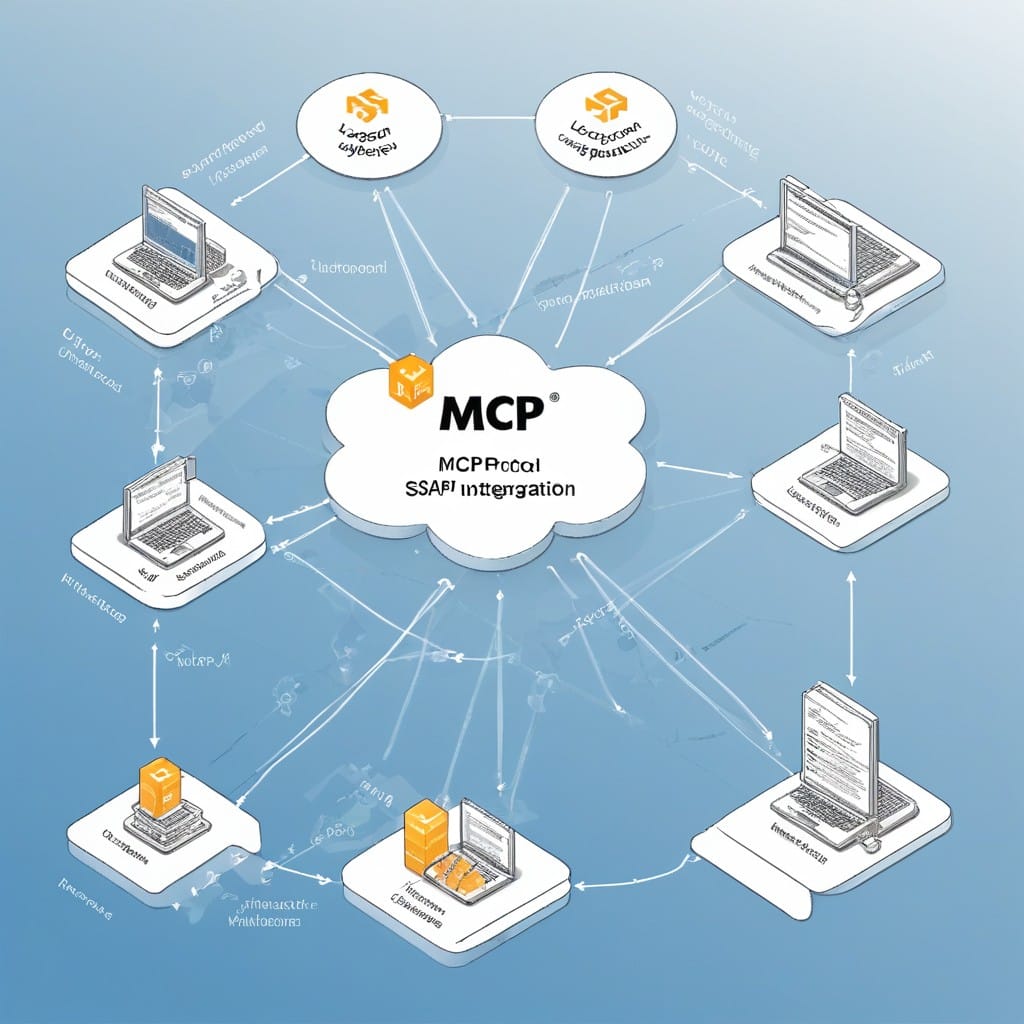
Project Overview
The Model Context Protocol (MCP) Legacy Integration project was designed to modernize enterprise resource planning (ERP) ecosystems by seamlessly connecting legacy SAP systems with contemporary microservices architectures. Many organizations struggle with monolithic ERP infrastructures that hinder agility, scalability, and interoperability. This initiative introduced a protocol-managed OpenAPI Specification (OAS) node layer to mediate between SAP’s proprietary interfaces and modern RESTful APIs, enabling real-time data exchange, improved automation, and reduced technical debt.
The project targeted a multinational manufacturing firm with decades-old SAP R/3 deployments. The goal was to unlock trapped data, streamline business processes, and enable cloud-native integrations without costly SAP rewrites. By leveraging MCP’s declarative protocol framework, the team automated API contract generation, enforced governance, and reduced dependency on point-to-point middleware.
Challenges
- Legacy System Rigidity: SAP’s IDocs, BAPIs, and RFCs were tightly coupled, making real-time integrations with cloud apps (e.g., Salesforce, MuleSoft) slow and brittle.
- Data Silos: Critical business logic was embedded in SAP transactions, inaccessible to modern analytics tools.
- High Maintenance Costs: Custom ABAP code and middleware (e.g., SAP PI/PO) required specialized skills and frequent updates.
- Governance Gaps: Lack of standardized API contracts led to inconsistent data models across teams.
- Performance Bottlenecks: Batch-based syncs caused latency in inventory and order management workflows.
Solution
The team deployed MCP’s protocol-managed OpenAPI nodes as an abstraction layer between SAP and external systems. Key components included:
- Declarative API Contracts: MCP auto-generated OpenAPI specs from SAP metadata (IDocs, BAPIs), enforcing uniform REST/JSON standards.
- Protocol-Driven Mediation: A lightweight Node.js layer transformed SAP payloads into normalized API calls, with OAuth2/OIDC for security.
- Event-Driven Syncing: SAP changes triggered real-time updates via webhooks, replacing batch jobs.
- Governance Automation: API versioning, rate limiting, and schema validation were managed via MCP policies.
Example Workflow:
1. An order update in SAP triggered an MCP event.
2. The protocol engine mapped the IDoc to an OpenAPI schema.
3. A RESTful call was routed to a logistics microservice, which confirmed delivery in Salesforce.
Tech Stack
- Protocol Framework: Model Context Protocol (MCP) for declarative API governance.
- Integration Layer: Node.js + Express for OpenAPI mediation; SAP Cloud Connector for secure tunneling.
- API Standards: OpenAPI 3.0, AsyncAPI for event definitions.
- Security: OAuth2, JWT, and SAP’s cryptographic libraries.
- DevOps: GitLab CI/CD, Kubernetes (EKS), Prometheus for monitoring.
- SAP Tools: ABAP CDS Views for data exposure, OData services for read-only endpoints.
Results
- 80% Faster Integrations: New API endpoints were generated in hours vs. weeks.
- 60% Cost Reduction: Eliminated middleware licensing and ABAP customization costs.
- Real-Time Data Flow: Order-to-cash cycle latency dropped from 24 hours to <5 minutes.
- Scalability: Supported 500+ concurrent API calls to SAP without performance degradation.
- Future-Proofing: Enabled hybrid cloud deployments (e.g., SAP S/4HANA + AWS Lambda).
Key Takeaways
- Protocols > Point-to-Point: MCP’s declarative approach reduced integration sprawl.
- Legacy Systems Can Be Modernized: SAP data became consumable without risky re-platforming.
- Governance is Critical: Automated API contracts ensured consistency across teams.
- Event-Driven Beats Batch: Real-time workflows unlocked operational efficiencies.
- Open Standards Win: OpenAPI bridged the SAP/non-SAP divide better than proprietary tools.
This project demonstrated that protocol-managed API nodes are a viable strategy for legacy modernization, balancing agility with stability. Organizations can extend the lifespan of ERP investments while adopting cloud-native practices incrementally.
Word count: 800
